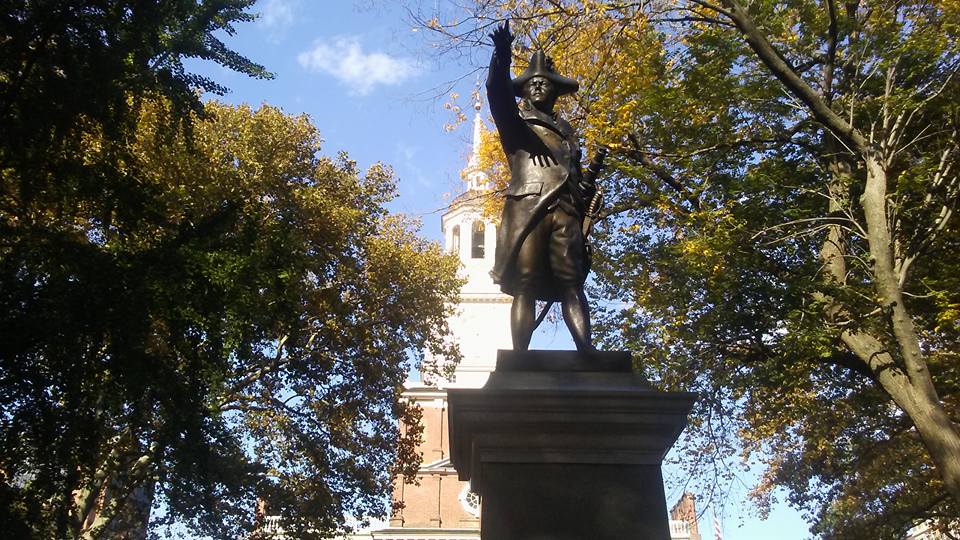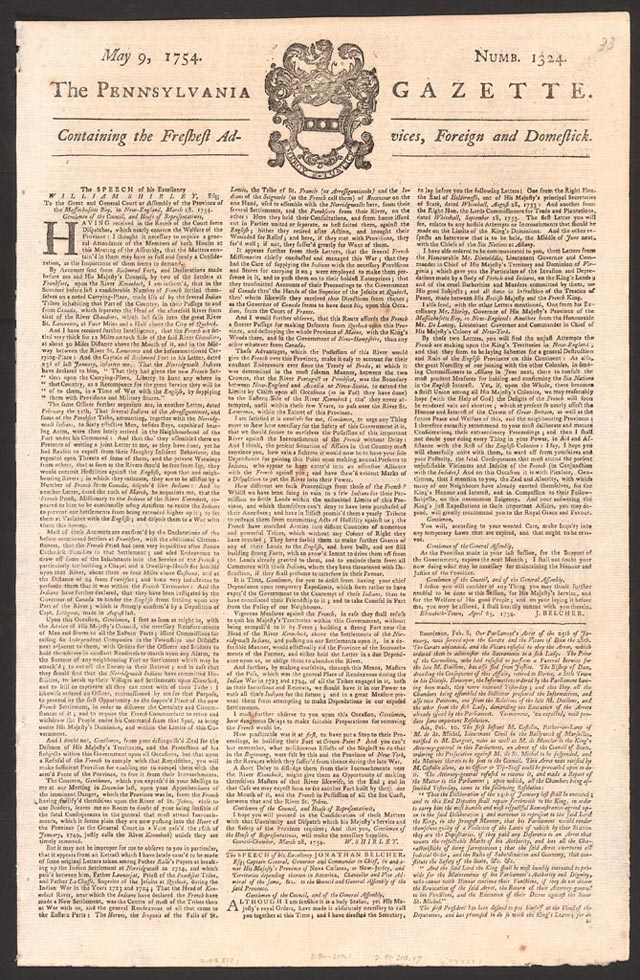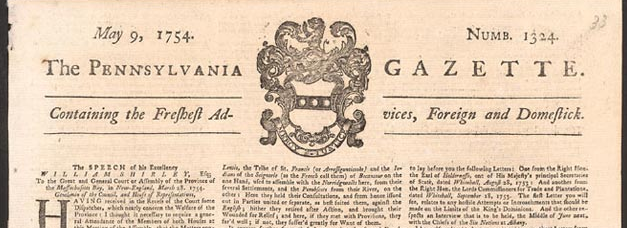When you think about national parks in the United States, it’s likely you’re reminded of beautiful expanses like Yellowstone. However, our nation’s parks are various and inclusive of urban sites like Independence National Historical Park in Old City, Philadelphia. On March 14, 2017, Philly.com’s Aubrey Whelan reported on the closures of two sites in this park: Ben Franklin’s Print Shop, and the Declaration House, in which Thomas Jefferson penned our famous national document, the Declaration of Independence.
Whelan’s sources cite the incoming Trump budget cuts and related understaffing as the reasons for the shuttering, and also mentions the related closure of restrooms at 5th and Chestnut Streets. (This removes family friendly bathroom facilities which were also far more accessible for people with disabilities in a much-needed place.)
Historical sites in Philadelphia also uncover and confront the patriotic and problematic history of our nation. As a native of the area and a former local insider for a travel website, I’ve been to these historical locations many times in my life.
The National Park Service continually updates their information to reflect more honest views about life in the colonies and beyond.
Most recently, they’ve made talks and displays more inclusive of the horrors of the slave experience and the contributions made by African Americans, women, and immigrants in the 1700s through the present. The rangers, docents, and guides are also knowledgeable about myths versus history, life in colonial America, and the Native inhabitants (such as the Lenni Lenape) who were here long before Europeans.
In Philadelphia, we have a rich cultural history laced with truth and pain; it is the real American story beyond a few lines in a history book, or the version a corrupted White House wants you to hear.
One of my favorite spots in the city isn’t simply Independence Hall itself, but the statue behind it. This statue depicts Commodore John Barry of the Continental Navy, who was born in Wexford, Ireland. As an Irish American, I am also proud that our city recognizes the struggles endured by Irish immigrants with the Irish Famine Memorial. It’s an immovable bronze element that cannot be moved by Trump’s poor treatment of contemporary immigrants, and a solid reminder of why people descended from European immigrants should oppose his policies – when in many cases they do not.

Commodore Barry statue behind Independence Hall, Philadelphia. Photo: Tara M. Clapper
The symbolism of the Declaration House closure is obvious. And Franklin’s Print Shop – that wounds me most of all. I had my first publishing job just a few blocks away from it, back in 2003. Much like our post-9/11 nation, the industry was undergoing a painful transformation. For publishing, that meant the print-to-digital transformation in the midst of a turbulent economy. But I was in love with it (still am) and committed to it for life.

The Pennsylvania Gazette was printed at Franklin’s Print Shop in Philadelphia. Photo: Wikimedia Commons, public domain image.
Aside from being of import and interest to those enamored with the history of publishing, Franklin’s Print Shop represents the importance of free press and its distribution. VisitPhilly.com further describes the importance of the facility and its press:
“Before 1770, colonies mailed newspapers to England but not to other colonies. Franklin realized that sharing information was essential if the colonies were to unite. When he was appointed assistant postmaster general he introduced the practice of mailing newspapers throughout the colonies to improve communication.”
Although many publishers had moved out of the city and “Publisher’s Square” (Washington Square) is an empty moniker now, Philadelphia has a vibrant and progressive tech community willing to embrace and invest in the value of the written word.
I am outraged by the fact that I have to defend the existence of the very buildings that shaped a monumental city; that shaped my life and my respect for fellow Americans. I am outraged by the attack on public education, which negatively affects the region that served as a port of opportunity for many.
I am outraged that I have to vehemently defend my symbols when I am already defending my own existence against an administration insistent on doing harm against people like me: I’m a woman with chronic illnesses.
When people around me value my contributions as a productive member of society, the government’s message is clear: Trump men are not interested in me or my freedoms or my symbols or my city.
Philly hasn’t been without its struggles over the centuries, including nativist (anti-Catholic) riots and the disturbingly forgotten MOVE bombing, in which local authorities bombed a (black) neighborhood in 1985. But in our history we recognize these conflicts and prejudices and fold them into our understanding of how life is and how we can improve it. These aren’t fantasies or delusions of a liberal elite: these are our lived experiences, validated by Barack Obama in his historically significant speech “A More Perfect Union,” in which he discusses the African-American and American immigrant experiences.
Obama discusses “Americans in successive generations who were willing to do their part through protests and struggles, on the streets, and in the courts, through a civil war and civil disobedience, and always at great risk.”
He goes on to say that these individuals committed:
“To narrow that gap between the promise of our ideals and reality of their time.”
He delivered this speech at the National Constitution Center in Philadelphia.
And what is all this for? Why these changes?
A shift in federal budget. This money must be repurposed; put to use to make our already-sufficient and superior military that much stronger.
They’re threatening our rights and even closing down representations of our freedoms and the stories of our ancestors’ suffering and triumphs. Are these things we are to forget? If we don’t have our health; if women are objects to be grabbed; if we don’t have our history,
exactly what is the military meant to defend?
At the Liberty Bell, you can learn about the history of people who visited the bell because they earned rights they should have already had, or had to fight for the ones already granted to them. See it while you can, as that’s a message surely seen by this administration as unpleasant, shrill, divisive, and otherwise nasty and unfit for public view and adoration.





